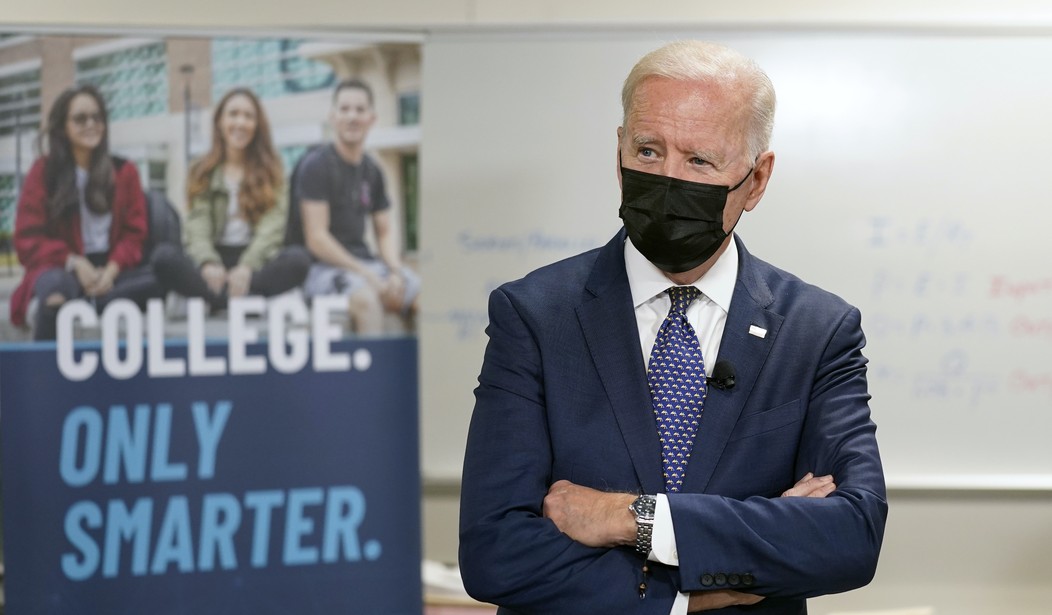It’s 2021. I can order ice cream sandwiches or a doggie treadmill workout to my door. Teenagers are making millions on YouTube giving makeup and video game tutorials. Chefs, resume writers, furniture builders, and golf instructors are a few clicks away. What do all these service providers have in common? None of them is an employee; they’re all “independent contractors.” But last week, the Department of Labor issued a regulation making it unnecessarily difficult to maintain independent contractor status under the Fair Labor Standards Act (FLSA). The result will be less opportunity, less flexibility, and less financial security for millions of workers.
In 1938, President Roosevelt signed the FLSA, what he called a “nice unconstitutional bill,” that he had considered and rejected earlier in his presidency. Today, the FLSA invades every aspect of business operations, previously regulated by the states. For every worker labeled an “employee” under the FLSA, the business must pay certain wages, keep records, and limit working hours, among other things. Independent contractors, however, are not employees under the FLSA, allowing businesses, and thus consumers, more flexibility to use their services.
In January 2021, the Trump-era Department of Labor issued a regulation (after appropriate public notice and comment) clarifying who counts as an independent contractor. In that rule, the Department said it would primarily focus on two issues: (1) whether a business has control over the work and (2) whether a worker faces the upside and downside risk of her own effort (or laziness). The rule lasted zero seconds. The Biden-era Department of Labor reversed course, based on comments from labor unions, plaintiffs’ lawyers, and “social justice organizations” alleging that the Trump-era rule didn’t align with the FLSA’s “purpose” of capturing as many worker/employer relationships as possible in its grasp.
Recommended
By elevating the unconstitutional aim of the FLSA over bedrock principles of freedom, the Department of Labor has it wrong. The goal of the FLSA is to regulate how each individual uses her labor. In some cases, we can get on board with the end result -- child labor is bad, grueling working hours for meager pay is bad. But we can’t lose sight of the underlying truth -- your labor is yours.
When an employer is forced to classify a worker as an employee, that worker loses tremendous flexibility. For example, an employer is liable in court for her employees’ (but not independent contractors’) accidents, meaning the employer will, for justified fear of lawsuits, control how her employees go about their days. In addition, many employers cannot afford time-and-a-half overtime pay, so they must constrain their employees’ hours. This not only caps the amount of money a worker can make, but by slotting employees into schedules, it limits when workers can choose to work.
But research has shown that workers really value flexibility. For example, a study of Uber drivers found that these drivers would require twice the pay to give up their flexible hours.
Especially offensive is the idea that women and minorities will benefit from shrinking independent contractor opportunities. Independent contractors have more flexibility than employees (if they so choose), a boon for those women who seek to juggle many responsibilities. A study on workplace preferences found women would give up more than 7 percent of their salaries for flexibility (as opposed to men, who would give up about 1 percent). And, in the Uber context, 42 percent of women cited a major reason for driving with Uber was because, for personal reasons, they could only work a part-time or flexible schedule. And, independent contractors can capture the upside of their efforts and increase their financial security, a great way to jump up the earnings ladder for those in historically marginalized communities.
Americans have the right to pursue our maximum potential. Incentives and opportunity must align for that pursuit to be fruitful. When the government creates roadblocks by overregulating the workplace, the government shrinks Americans’ freedom to pursue our chosen paths, whether that path is 10 hours a week on freelance writing, or 80 hours a week on life-coaching. Americans will find fewer places to sell their services, transfer their labor into dollars, and live the American dream.
Last week’s decision favors big government regulation over the big dreams of hard working Americans. The victims are not only consumers in desperate need of an ice cream sandwich delivered to their door, but all those taking flexible opportunities to get it there.
May Davis is a visiting fellow at Independent Women’s Forum and former legal advisor to President Donald J. Trump.
























Join the conversation as a VIP Member